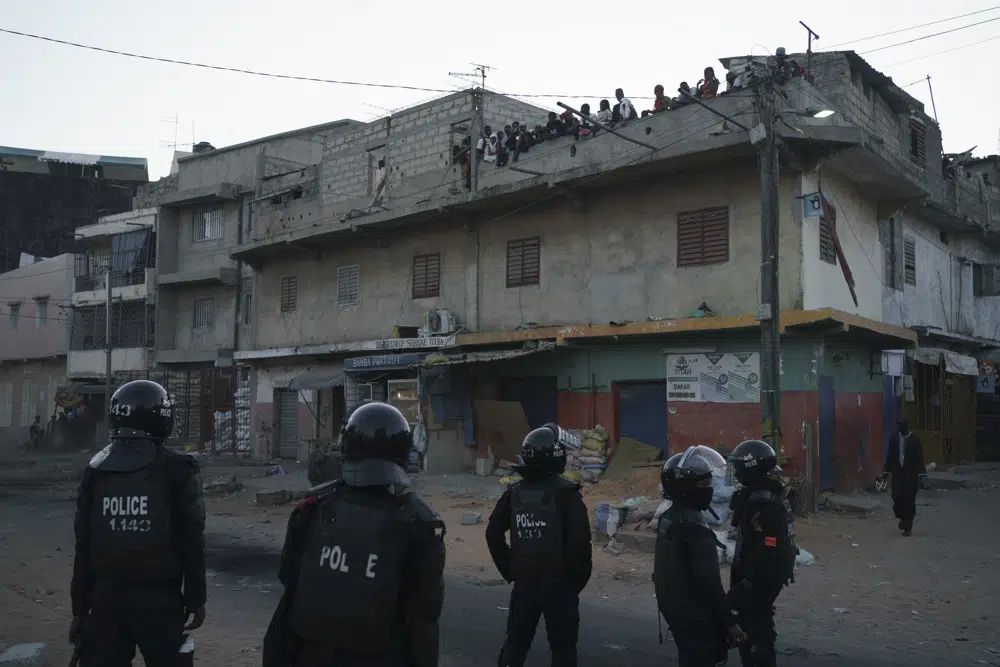In the face of rising civil unrest, the Senegalese government has imposed restrictions on mobile internet services in select areas, following the dissemination of “hateful and subversive” messages online, according to a government statement released on Sunday.
The West African nation has been hit by a wave of violent protests that have persisted for three days, resulting in the death of 16 individuals – marking one of the most severe periods of civil unrest the country has experienced in recent history.
In an effort to quell the turmoil, the government sought to limit access to specific messaging platforms last week. However, the effect was minimal as a large number of individuals were able to circumvent the blockade using virtual private networks (VPNs) which disguise the user’s location. The blackout was consequently extended on Sunday, affecting all data on mobile internet devices in certain areas and at specific times.
Although the government has not divulged the exact regions affected or the specific timings, it was observed that five Reuters correspondents spread across Dakar were unable to connect to the internet without the aid of a wifi connection on Sunday afternoon, a time slot during which protests have typically escalated.
In a government statement, it was declared: “Because of the spread of hateful and subversive messages … mobile Internet is temporarily suspended at certain hours of the day.”
Peace was eventually restored to the streets of Dakar, the capital of Senegal, following three days of violent unrest. The escalation in violence began last Thursday, shortly after the sentencing of opposition leader Ousmane Sonko to two years of imprisonment. By Saturday, authorities reported that 500 individuals had been detained since the commencement of the riots.
Senegal’s director of public security, Ibrahima Diop, stated: “The security forces were faced with violent demonstrators, who were not seeking to express opinions, but rather were engaged in subversive activities. The people apprehended during these events are mainly armed and dangerous individuals. Most of those arrested were in possession of Molotov cocktails, knives and large-calibre firearms.”
Both supporters of Sonko and President Macky Sall have been attributing blame for the upheaval and fatalities, which led to at least 16 deaths and over 350 injuries. Sonko, who was absent from his trial, has yet to be taken into custody to serve his sentence, an event which could potentially further intensify the situation.
Image Credit: AP Photo/Leo Correa





